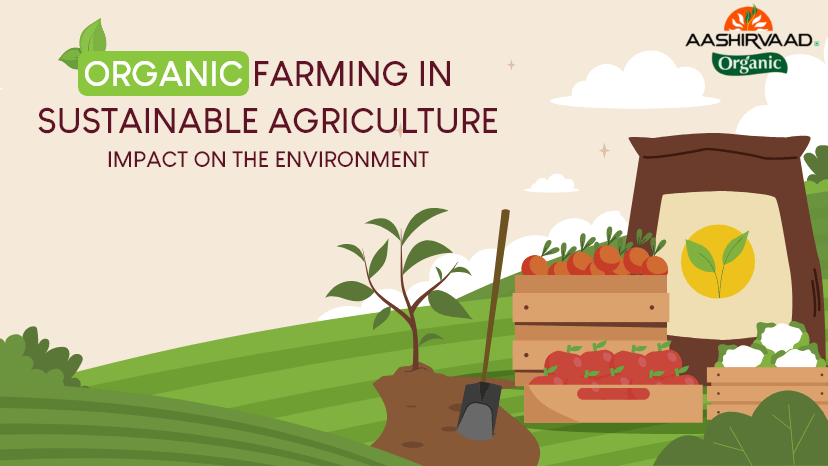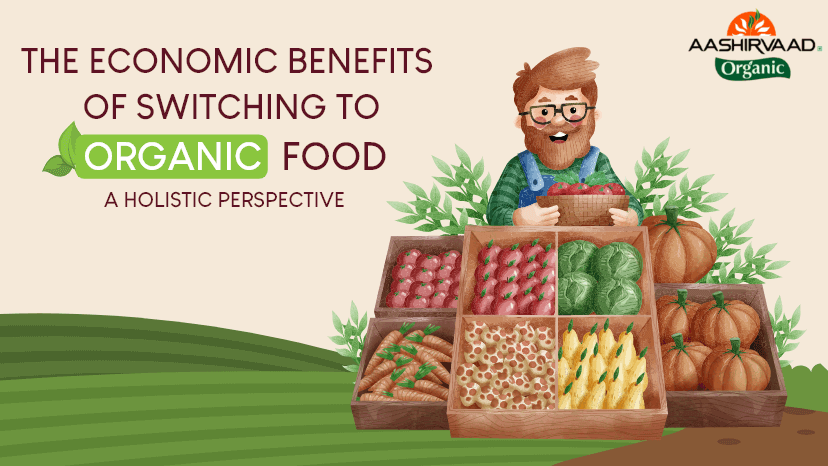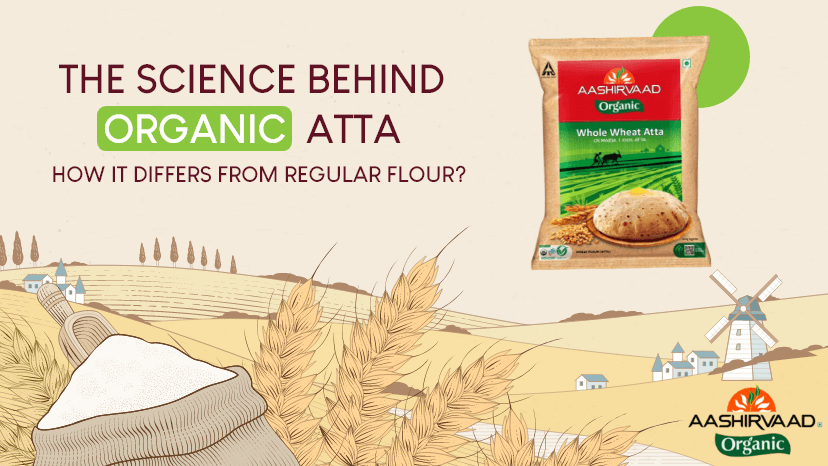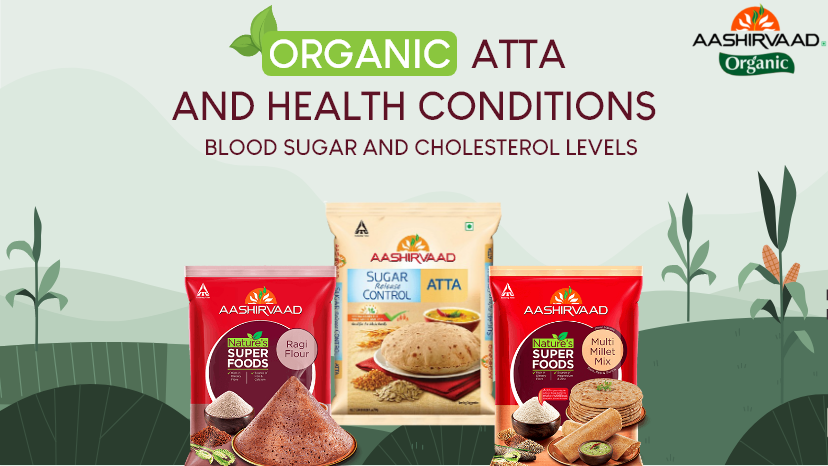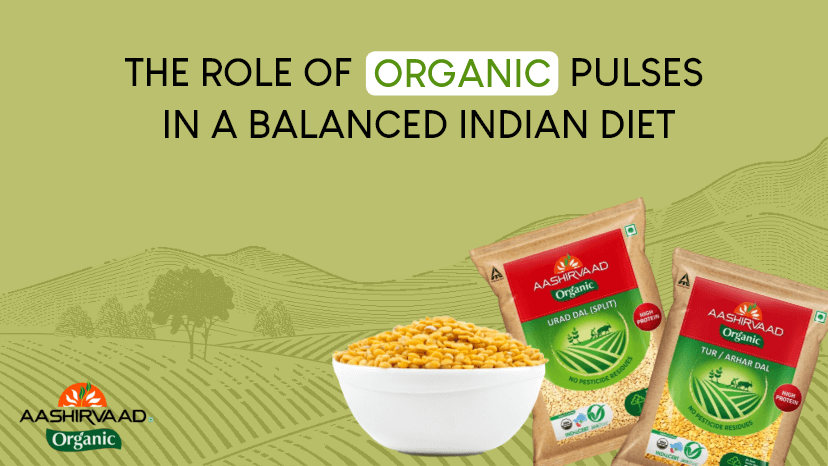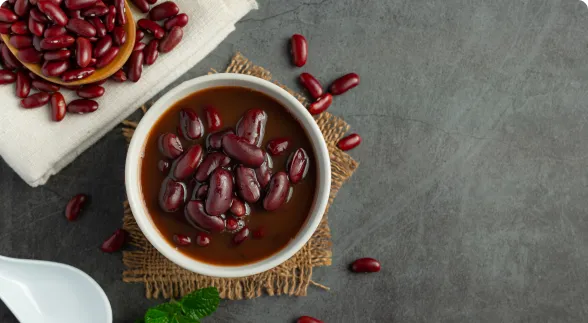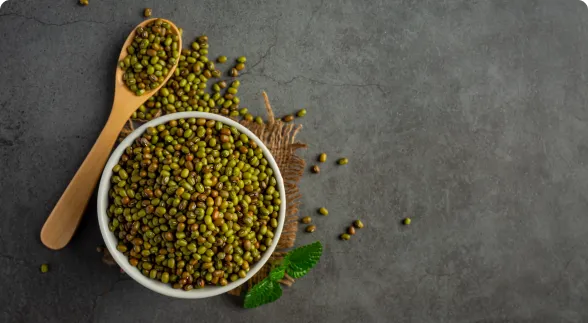Our grandparents’ stories paint a vivid picture of a time when being healthy wasn’t just a choice but a way of life. Think about it – a time when they enjoyed the goodness of nature’s flavours, relishing food free from harmful chemicals. In their tales, diseases were rare, and the land thrived, echoing the well-being of its people. Now, step into this conversation across generations, a connection between the organic banquets of the past and our decisions today. It’s a journey sparked by the curiosity to unravel the origins of our food, aiming to revive an era where health and nature waltzed together.
Embark on a journey to explore the basics of organic farming, uncovering its unique essence. But pause for a moment! Should we care about choosing organic? Well, the clear answer is a strong “YES!”. Organic farming means more than just growing crops; it’s like making a promise to be a friend to the Earth. Imagine it as a superhero using natural powers against chemicals. When almost everything around us is just chemical, organic is necessarily the path to desire!
1. So, why join the organic squad?
Here are the top 5 reasons:
- No Pesticides, Only Good Vibes: Organic farming fights against synthetic pesticides, keeping you and the Earth safe. Aashirvaad’s Organics-Sach Much Organic products guarantee minimal pesticide residues for optimum goodness.
- Happy Soil, Happy Food: Organic farming loves the soil, using tricks like composting and crop rotation—a secret recipe for healthy food. Aashirvaad’s 100% organic-Sustainable Approach incorporates animal and green manures, fostering a joyous, eco-friendly soil. Employing natural and sustainable techniques such as using vermicompost as natural manure, neem extract as a pesticide, and implementing crop rotation to improve soil quality
- GMO-Free Goodness: Organic farming is like superheroes without lab-made costumes. It’s non-GMO, simple and pure, with no genetic tinkering.
- Animal-Friendly Feasts: Organic farming follows the golden rule of treating animals with kindness. No growth hormones, no antibiotics—just happy, healthy animals.
- Earth-Loving and Sustainable: Organic farming is like Earth’s friend, reducing environmental impact. Aashirvaad’s workforce employs diverse strategies, championing a greener planet.
2. Organic Farming vs. Conventional Agriculture
Organic farming is like the eco-friendly rescuer of the farm world. It’s all about using fewer pesticides, stopping soil from washing away, keeping harmful stuff out of our water, and recycling animal waste back into the farm. But, like any superhero, organic farming faces challenges. One of them is that the food can be more expensive for consumers. And, sometimes, the food we get from organic farms is less than regular farms.
So, it’s like this ongoing battle between the eco-friendly superhero and the traditional farmer. Both have their strengths and weaknesses, but the important thing is finding the right balance for a happy and healthy farm world!
Aashirvaad Sach Much Organics strives to find that balance by ensuring our crops thrive in a way that nurtures the land and promotes biodiversity. Our organic farming methods steer clear of harmful chemicals and fertilizers, guaranteeing the pristine quality of what grace your home. Collaborating closely with devoted farmers who resonate with our values, we forge partnerships that extend beyond mere business.
3. Organic Farming Methods
Fertilizers: Organic farmers prioritize building and maintaining nutrient-rich soil by adding organic matter. Compost, manure, and animal by-products are vital components, with regulations to ensure their safe application.
Crop Rotation: Organic farmers employ crop rotation to maintain soil health and prevent erosion. Nitrogen-fixing cover crops like clover or alfalfa are commonly used to add nitrogen to the soil.
Pest Control: Organic pesticides derived from natural sources are favoured. Biological, cultural, and genetic controls are integrated to minimize pest damage. Traditional plant breeding produces crop varieties resistant to specific pests.
4. Healthier Living through Organic Choices
In our mission for a healthier planet, organic farming stands out as a silent hero, dancing hand in hand with Mother Nature. With earth-friendly moves like crop rotation and composting, it becomes an eco-warrior, battling climate change and reviving soil vitality depleted by synthetic chemicals.
This green revolution isn’t just a lifesaver; it’s a well-rounded tale aligning with global Sustainable Development Goals, cutting down on energy use, and celebrating biodiversity.
Farmers, often in the background, discover organic farming not just a budget-friendly lifeline but a victory march, securing reliable incomes and leading the charge in a shift to sustainable agriculture.
The grand finale of this story revolves around health – organic farming steps into the limelight as a guardian angel, delivering not only safe but nutrient-packed food.
It promises to paint our future green, inviting everyone to join a revolution and journey towards a sustainable, healthier, and vividly vibrant world.
Aligned in a shared commitment to excellence, Aashirvaad Nature’s Superfoods believes in delivering nothing but the best. Meticulously selecting and processing its ingredients, our brand hand-picks the finest grains and spices.
Our journey mirrors the ethos of organic agriculture, emphasizing freshness, quality, and a dedication to providing ingredients crafted with love and care.
Together, we champion a shared vision for a healthier and more sustainable world. Explore our range and join us in advocating for a healthier and more sustainable world.
5. How Organic Farming Leads the Way to Sustainable Agriculture
#1 Climate Change Harmony
Organic farming is like a friend to the environment. It focuses on keeping the soil healthy, saving water, and ensuring many plants and animals can live happily. The harmful stuff in regular farming, like chemicals and fertilizers, makes climate change fast.
But with organic farming, we can fix it by using natural tricks like changing the crops, making compost, and having helpful bugs around. This way, the soil stays strong, and it’s like a nature party.
#2 Less Global Warming, More Fresh Air
Imagine a world where farms don’t use chemicals or bad stuff to grow food. That’s what organic farming is all about!
It helps to stop foul gases from entering the air and doesn’t need much energy.
Organic practices, prioritizing clean, chemical-free cultivation, offer a breath of fresh air for our planet. With a commitment to sustainability, organic farming contributes to a healthier environment and addresses climate challenges.
As schools in India shutter in the face of polluted air, the embrace of organic practices becomes a beacon of hope, ensuring our children a future where the air is not just clean but brimming with possibilities.
Embrace the organic movement – a crucial stride towards a cleaner, greener future.
#3 United for a Better World
Setting forth on a transformative path, we visualize a future that is extraordinary, healthy, and prosperous—where our present endeavors shape the destinies of upcoming generations, presenting them with lives devoid of diseases.
In a world immersed in chemicals, from skincare to the air we breathe and the food we consume, let’s unite to bestow upon our children a future where they thrive in pure, chemical-free havens. Together, let’s safeguard a legacy of health!
#4 Happy Farmers, Happy Wallets
Picture a world where farmers can grow many crops without spending too much money. Organic farming makes this dream come true! It saves farmers from buying expensive chemicals, which is good for their wallets.
Plus, it keeps the soil strong, so crops grow well. It’s like having a good friend who helps farmers and ensures they have enough money.
#5 A Healthier You
Living in a world filled with pollution and eating food from farms with chemicals isn’t good for our health. But here comes organic farming to the rescue! It doesn’t use those harmful chemicals, so the food it makes is safe to eat.
Organic food is also packed with good things that keep us strong and healthy. It’s like having a magic potion that adds healthier years to our lives.
So, choosing organic is like choosing a healthier and happier life for everyone!
6. Status of Organic Farming in India
Organic farming in India is undergoing a remarkable transformation. The nation, propelled by initiatives like the Paramparagat Krishi Vikas Yojana and Rashtriya Krishi Vikas Yojana, is actively promoting organic practices.
Despite facing hurdles such as awareness, marketing, and infrastructure, recent efforts are striving to overcome these challenges.
Through different schemes, the government aims to empower farmers by providing support in transitioning from conventional to organic farming.
The initiative not only educates farmers about modern organic farming techniques but also provides financial assistance, training, and institutional support.
The goal is to make the adoption of sustainable practices more accessible and beneficial for farmers, ultimately contributing to their well-being and the environment.
In tandem with the Indian government’s sustainable farming initiatives, Aashirvaad Organics joins the journey towards a greener future. Committed to excellence, we cultivate our crops organically, eschewing harmful chemicals.
Hand in hand with passionate farmers, our partnerships extend beyond business, fostering a sustainable approach that benefits both you and the planet we cherish. Opting for Aashirvaad Organics means embracing unwavering quality.
With a commitment to zero compromises, our products undergo 217 tests to guarantee absolute pesticide-free purity.
Moreover, our certifications from USDA Organic, Jaivik Bharat, Organic India, and Indocert solidify and affirm our dedication.
7. Challenges and Social Grooves
Imagine a vibrant field of organic wonders, but it could be smoother sailing. Let’s discuss the real-life hurdles, especially those involving our wallets.
Picking organic often means paying more, like joining an exclusive club where getting those green goodies might depend on your wallet or education.
Now, let’s dive into the farms where the magic happens.
For small farmers, getting that particular “organic” label can be like solving a puzzle, with certification costs as tricky obstacles.
Some farmers skip the puzzle or take a shortcut by selling straight to us, the consumers. But then, is organic only for the big players?
Digging a bit more, we discover the quirks in the organic world. While it’s a hero for nature, organic farming only sometimes produces a ton.
Brace yourself at the checkout because going organic might cost a bit more. As more people want organic, the price goes up.
And there’s a time limit for organic treats – they don’t stay fresh as long.
No artificial preservatives mean you must bring those green goodies from the market to your plate a bit faster. It’s time to embrace the ‘eat fresh’ idea.
8. Wrapping Up…
Organic farming is like a crusader for Indian agriculture, ending the overuse of chemical fertilizers.
It’s a game-changer, ideally suited to India’s weather and soil, helping farmers grow more while keeping nature safe.
Imagine it as a friendly force, making the land, plants, and animals healthier while ensuring a bright and sustainable future for farming in India.
It’s not just a way of farming; it’s a path towards a greener, chemical-free world where the fields dance with abundance.
9. Frequently Asked Questions
a. Why choose organic farming over conventional methods?
Organic farming is better for the environment and your health. It skips harmful chemicals, keeping your food and the Earth safe.
b. How does organic farming help with climate change?
It’s like a friend to the environment, saving water, making plants and animals happy, and using natural tricks to fight climate change.
c. Are organic foods more expensive, and why?
Yes, they can cost more, but it’s an investment in a healthier planet. The price covers sustainable practices, fewer pesticides, and good vibes for you and the Earth.
d. What challenges do organic farmers in India face?
Indian organic farmers deal with certification costs, marketing hurdles, and more. But they keep going for a vision of sustainable agriculture.
e. Can small farmers do organic farming, and how?
Yes, even small farmers can do organic farming. They can skip certification, sell directly, and follow sustainable practices that fit their size.
f. What is the government doing to support organic farming in India?
The Indian government is boosting organic farming with plans like Paramparagat Krishi Vikas Yojana and Rashtriya Krishi Vikas Yojana [1].
g. How does organic farming make people healthier?
It’s like a health wizard, giving you safe and nutritious food. It promises healthier and happier lives for those who choose organic.
h. What is Zero Budget Natural Farming, and how does it help organic agriculture?
It’s organic farming’s cool cousin, costing nothing and adding magic to the revolution. It’s a budget-friendly trick for a healthier Earth [2].
 12m read time
12m read time 